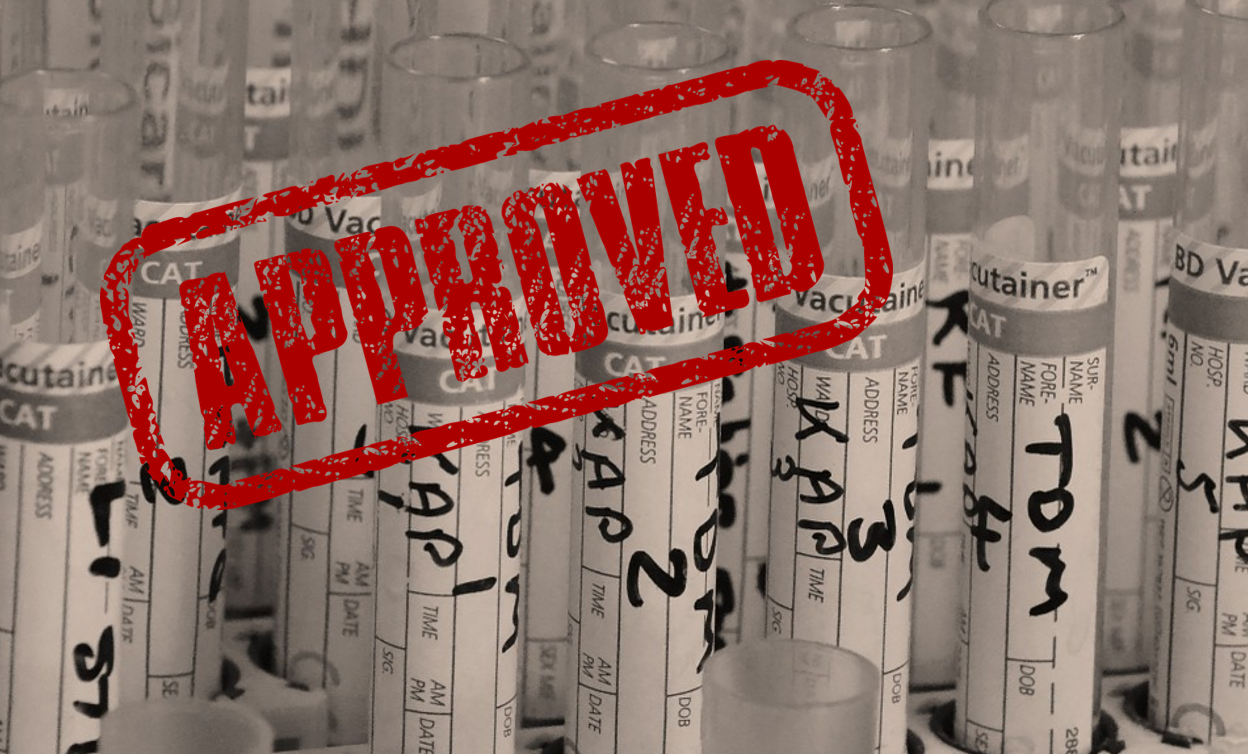
Idorsia receives European marketing authorisation for JERAYGO for the treatment of resistant hypertension. Aphaia reports positive phase 2 results for a drug designed to prevent diabetes. And Stalicla can announce positive results from a phase 1b study of its precision medicine candidate for patients with autism spectrum disorder.
The European Commission (EC) has approved Idorsia’s JERAYGO (aprocitentan) for the treatment of resistant hypertension in adult patients in combination with at least three antihypertensive medicinal products. Hypertension is one of the leading causes of cardiovascular disease worldwide, impacting an estimated 1.3 billion people globally. Approximately 10% of these people have uncontrolled blood pressure (BP), despite receiving at least three antihypertensive medications from different classes, at optimal doses and they are categorized in hypertension guidelines as having resistant hypertension. JERAYGO, an endothelin receptor antagonist (ERA), is a new oral antihypertensive therapy – the first in almost 40 years – that is working via a new therapeutic pathway. The team at Idorsia has been working on the research and development of endothelin receptor antagonists for more than 30 years, successfully bringing three other molecules from this class to patients in different indications.
Promising results for a drug candidate preventing diabetes
Aphaia Pharma, a clinical-stage company harnessing precision-targeted drug formulations to restore endogenous endocrine balance for the treatment of obesity and associated metabolic diseases, today announced that its Phase 2 trial evaluating the company’s lead oral glucose formulation for prediabetes treatment met its primary endpoint. The trial showed a statistically significant improvement in glucose tolerance in individuals with a pathological Oral Glucose Tolerance Test (OGTT) after 6 weeks of APHD-012 administration compared to placebo, with a positive safety profile. The data marks the first instance of a drug demonstrating effectiveness in OGTT with a positive safety profile, which is crucial for a medication aimed at disease prevention.
The primary endpoint of the trial is APHD-012’s ability to improve glucose tolerance in individuals with a pathological oral glucose tolerance test (OGTT) after 6 weeks of administration. The Oral Glucose Tolerance Test (OGTT) is a diagnostic test used to assess how well the body processes glucose by measuring blood glucose levels after consuming a glucose-rich drink. In individuals with diabetes and prediabetes, blood glucose levels are higher than normal due to their inability to metabolize glucose effectively.
The results provide proof-of-concept for clinical efficacy of Aphaia’s oral glucose formulation, designed to restore endogenous nutrient-sensing pathways in the gastrointestinal tract. The candidate might also deliver clinical benefits across various indications (e.g., diabetes, obesity, among others), given its mechanism of action.
New therapy for a subgroup of patients with autism
STALICLA SA, a Swiss neuro precision biotech company dedicated to developing precision medicine-based treatments for neuropsychiatric and neurodevelopmental disorders, announced the publication of a landmark phase 1b study with STP1, a novel combination therapy tailored for the treatment of a clinically and biologically defined subgroup of patients with autism spectrum disorder (ASD), named ASD Phenotype 1 (ASD-Phen1).
The results showed that STP1 was well-tolerated with no significant adverse effects reported. Significant and dose-related reductions in gamma power were observed in the whole brains of patients taking STP1, particularly in regions associated with executive function and memory. Additionally, STP1 increased alpha 2 power in frontal and occipital regions, while improving habituation and neural synchronization to auditory chirps.
Dr. Craig A. Erickson, Associate Professor, UC Department of Psychiatry and Behavioral Neuroscience, Cincinnati Children’s Hospital Medical Center, and the principal investigator of the study, remarked: “The electrophysiological signals from this study are remarkable and represent the strongest early trial target engagement signals our lab has seen in the autism field.”
(Press release / SK)























































Please login or sign up to comment.
Commenting guidelines